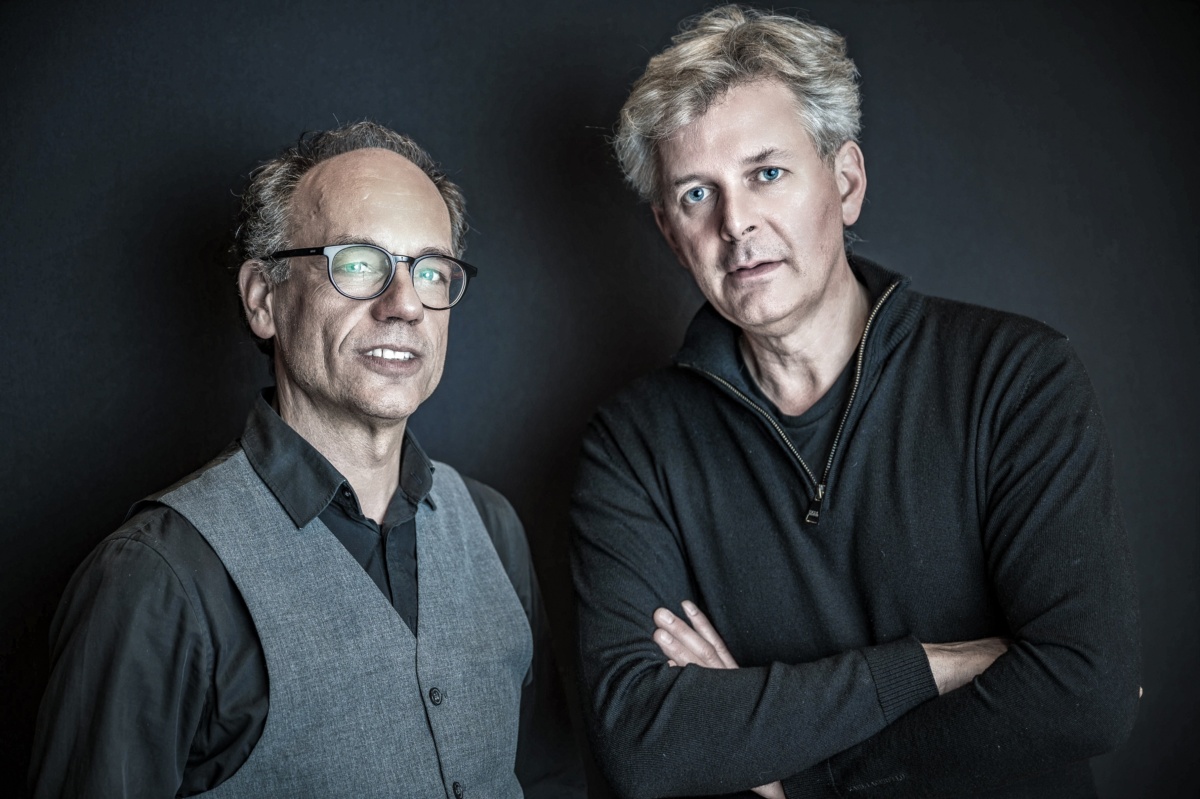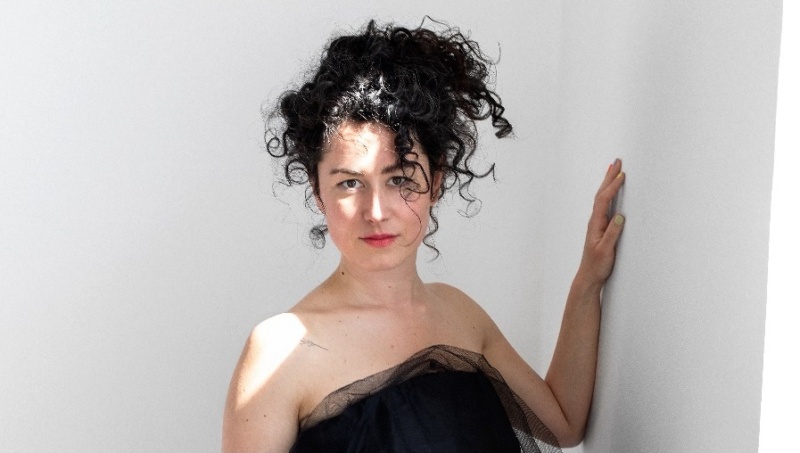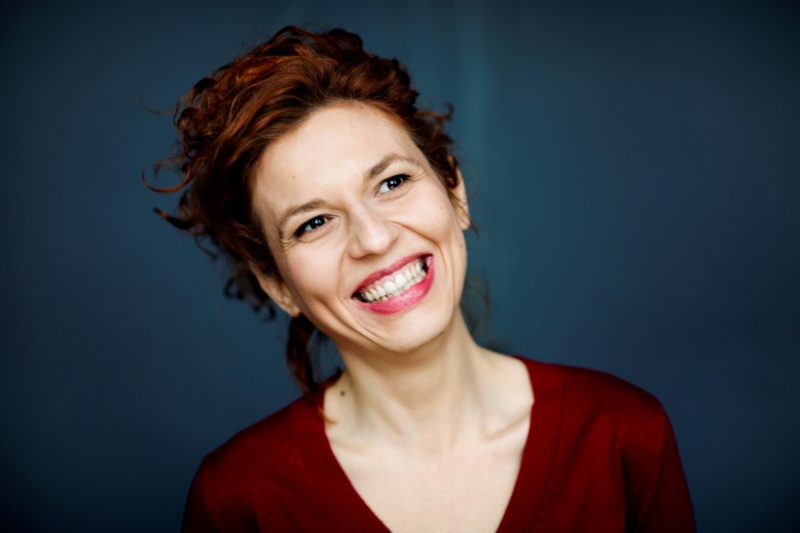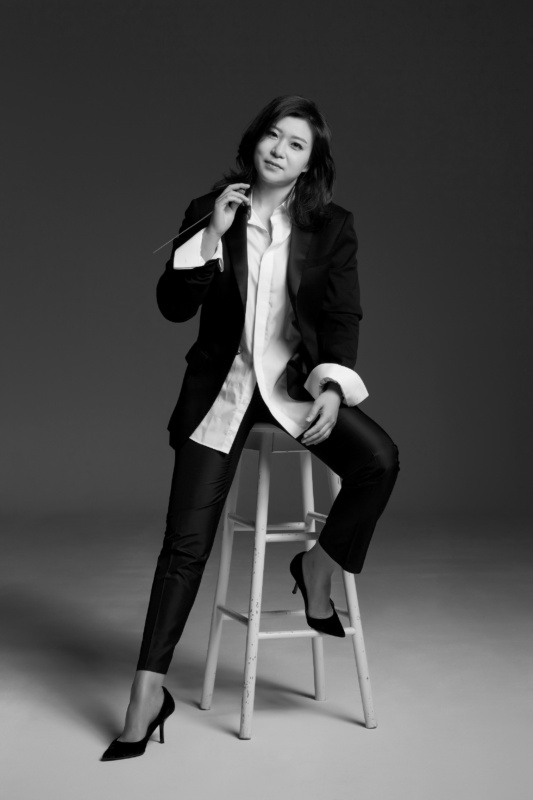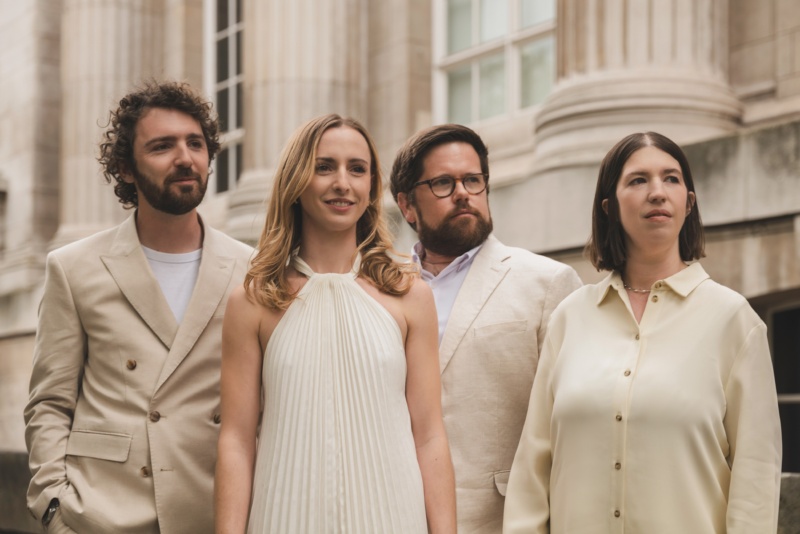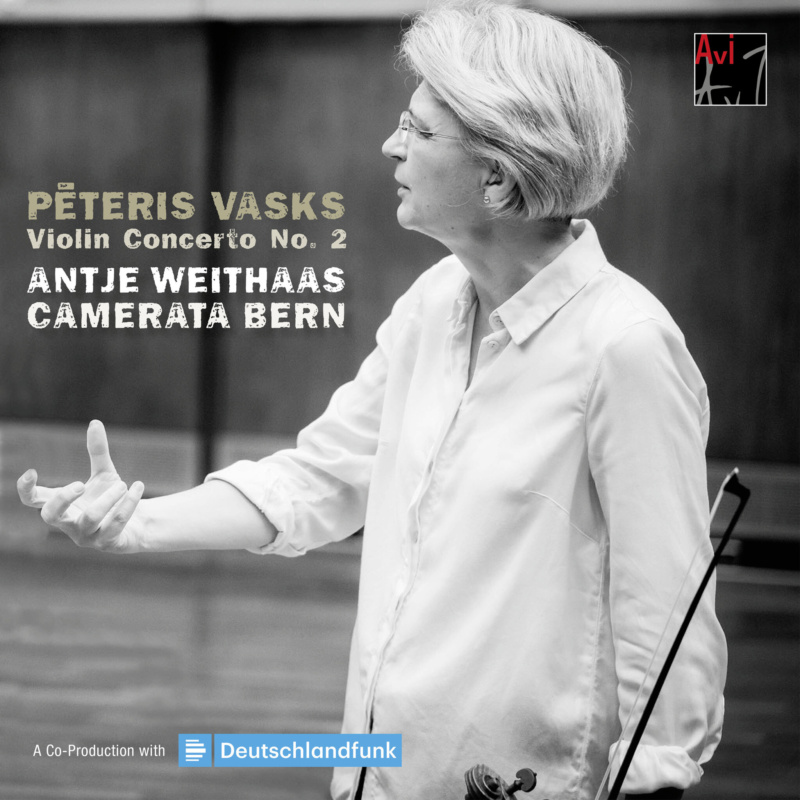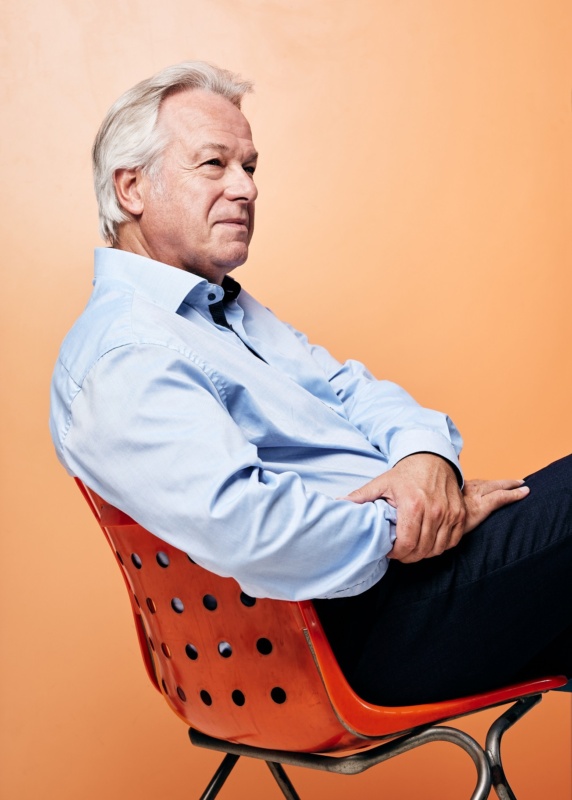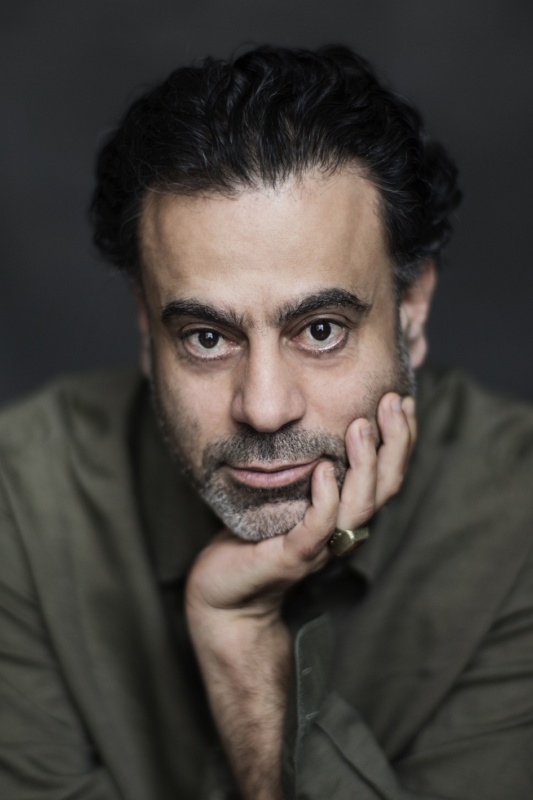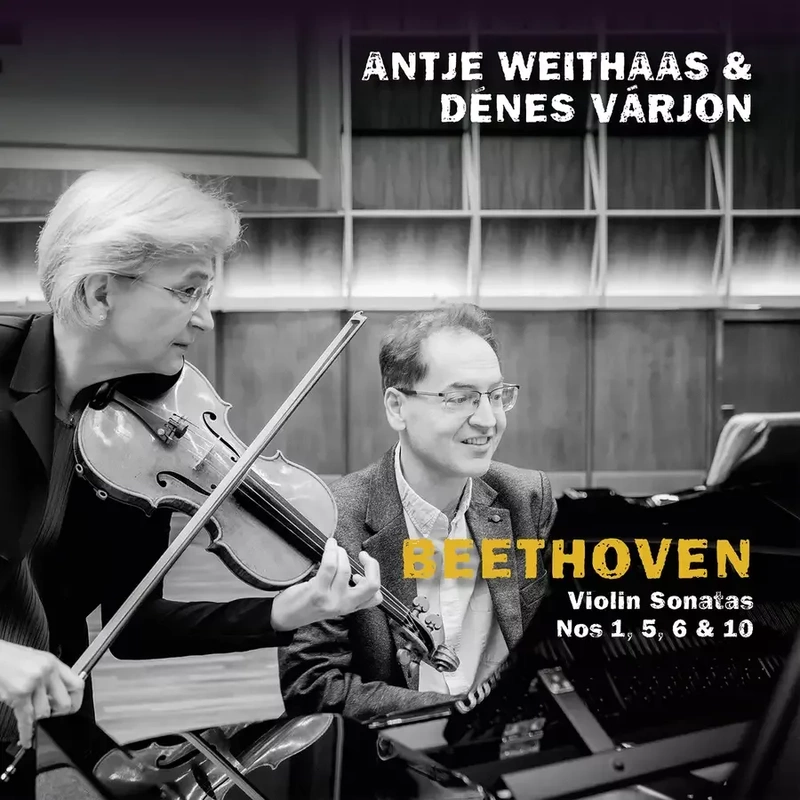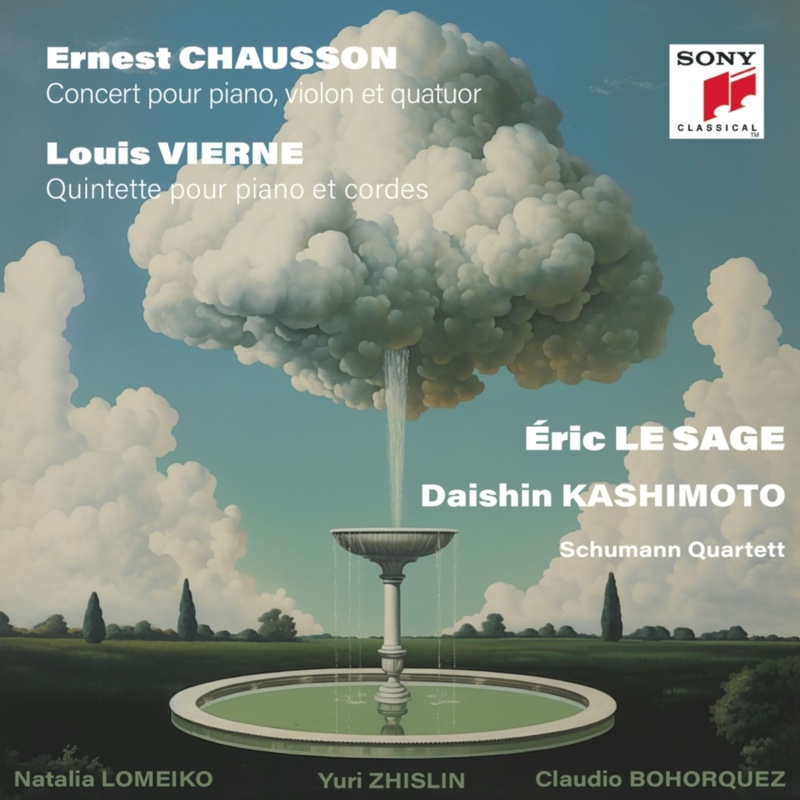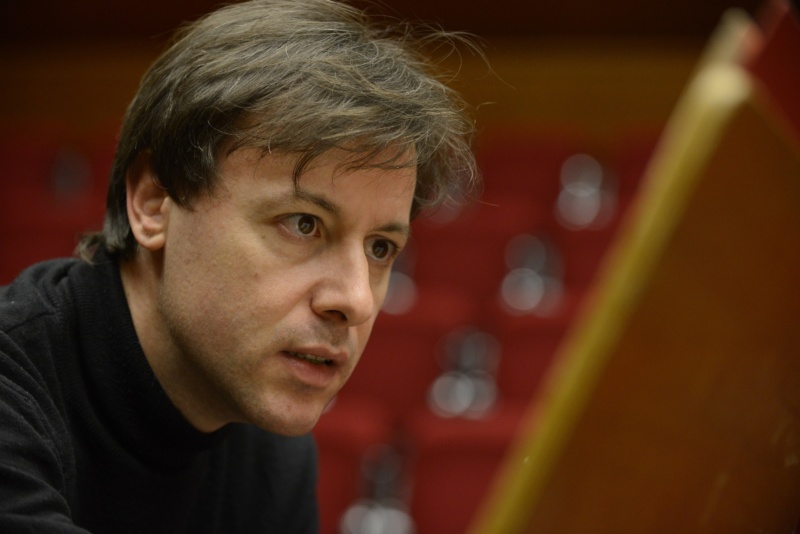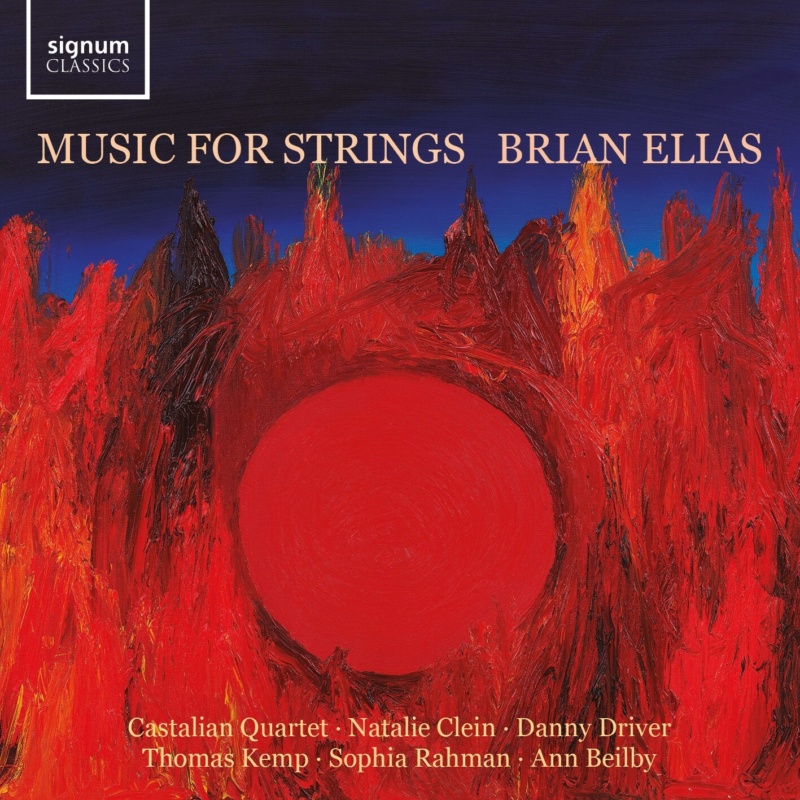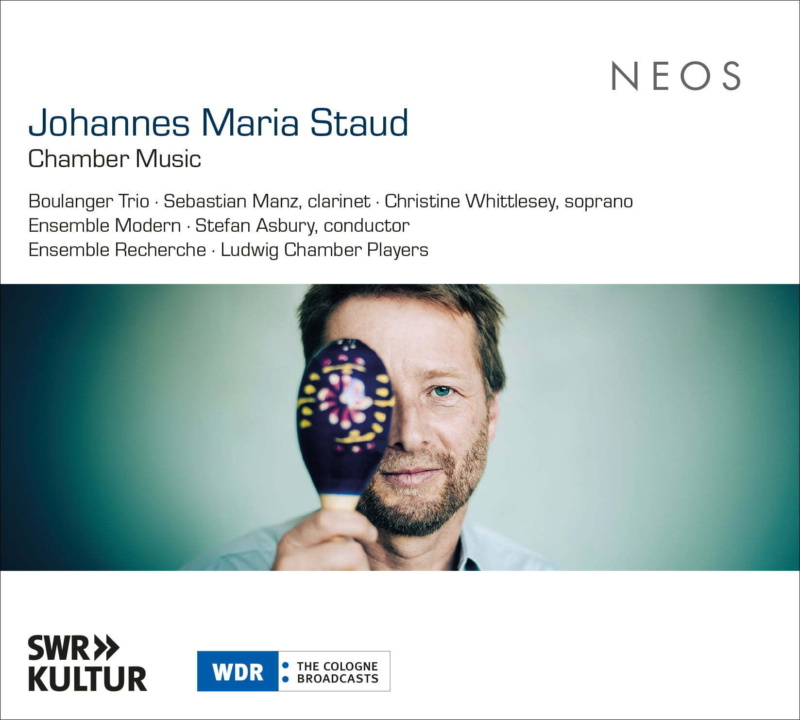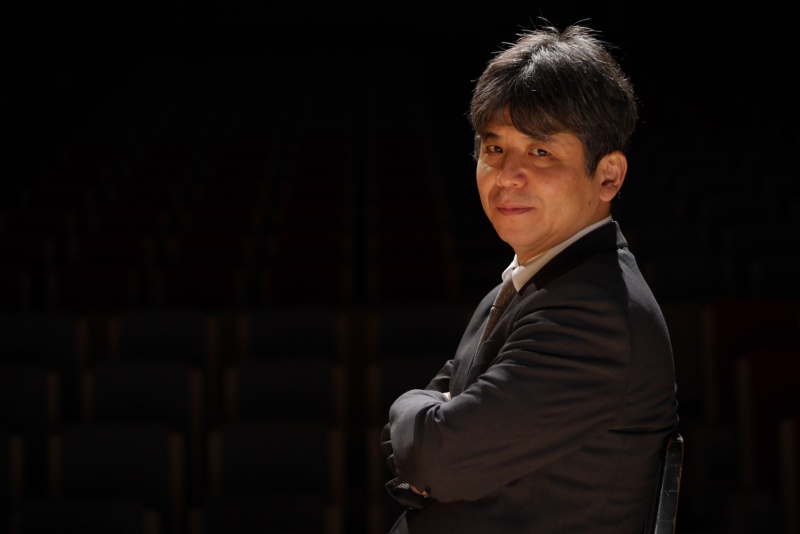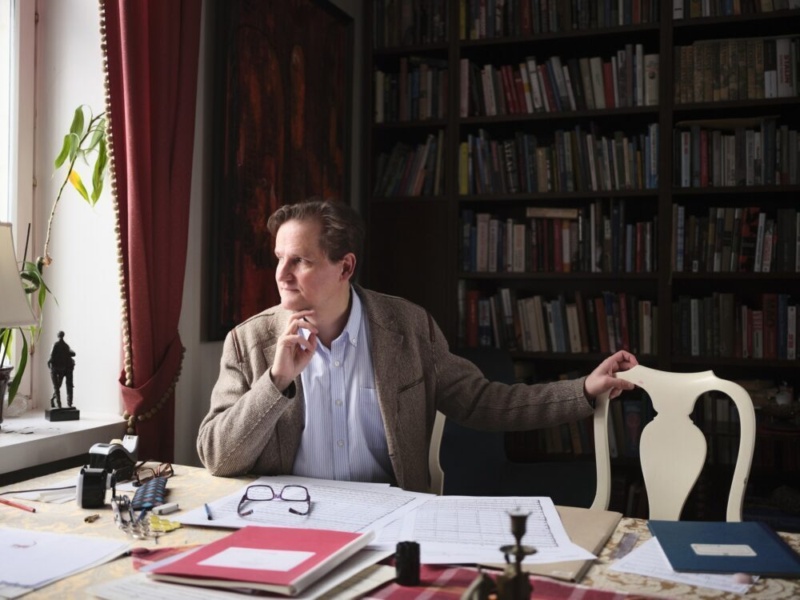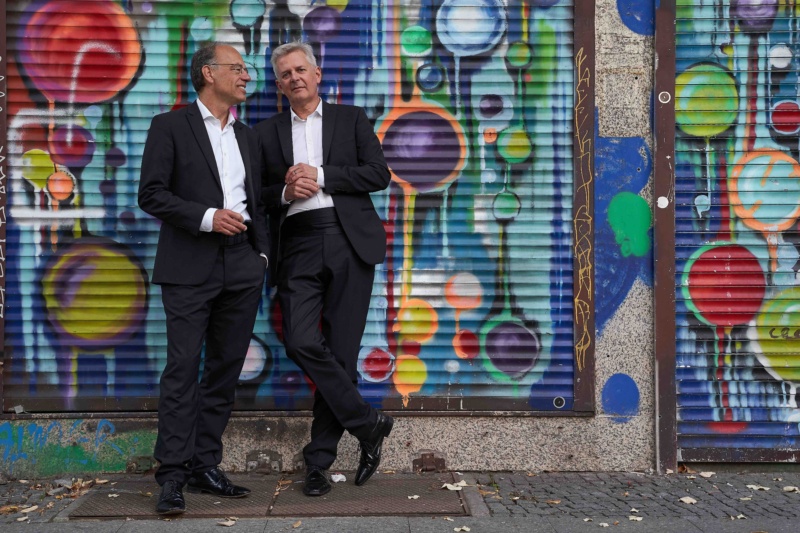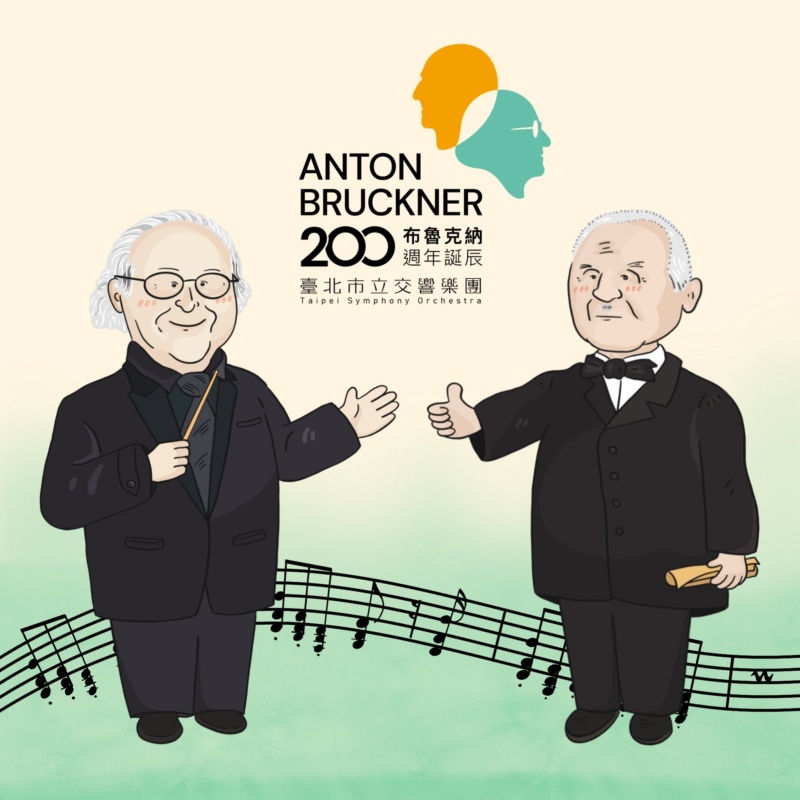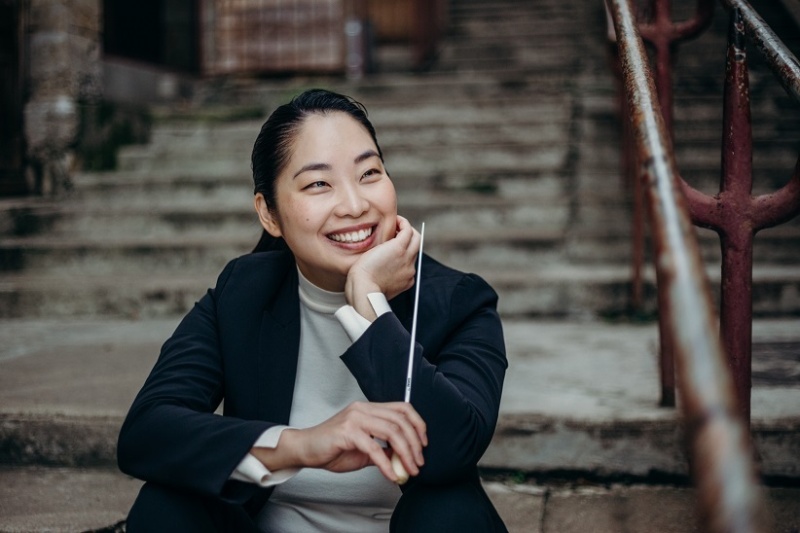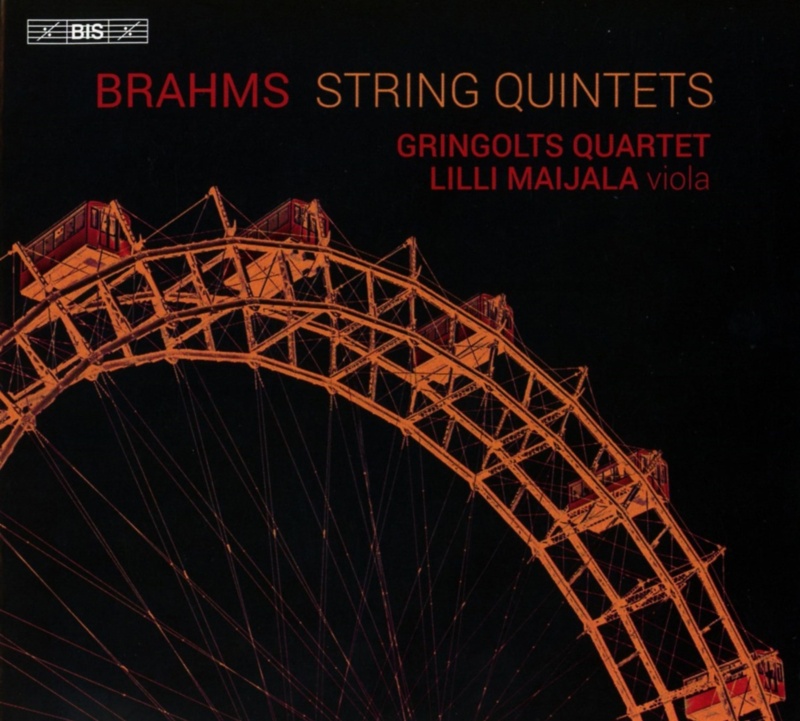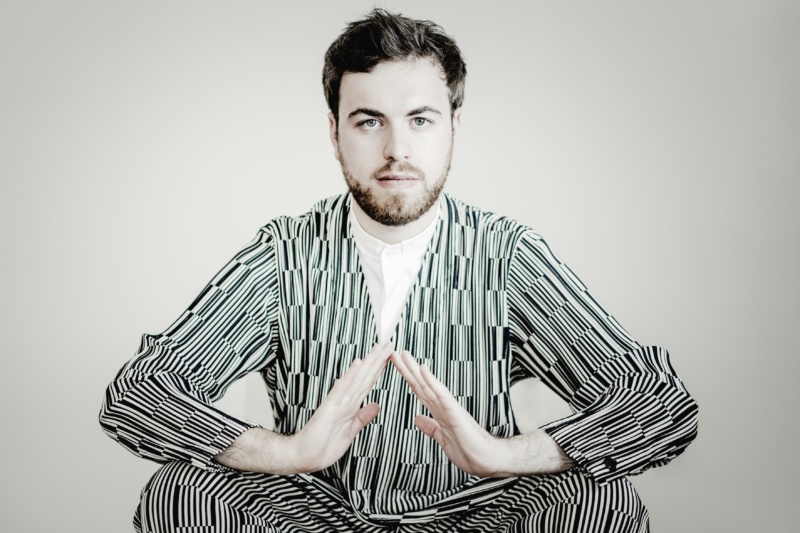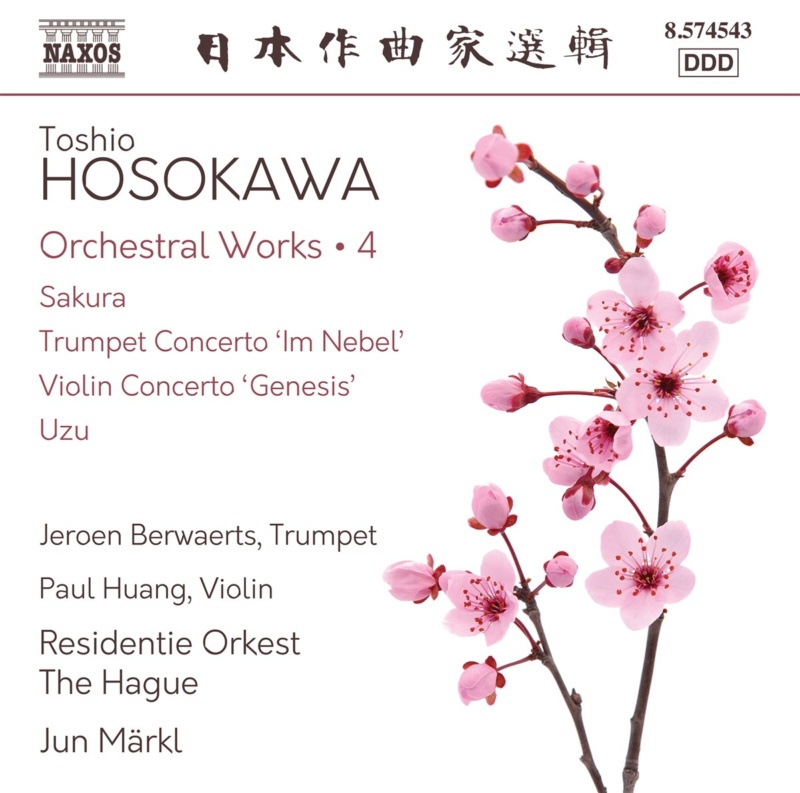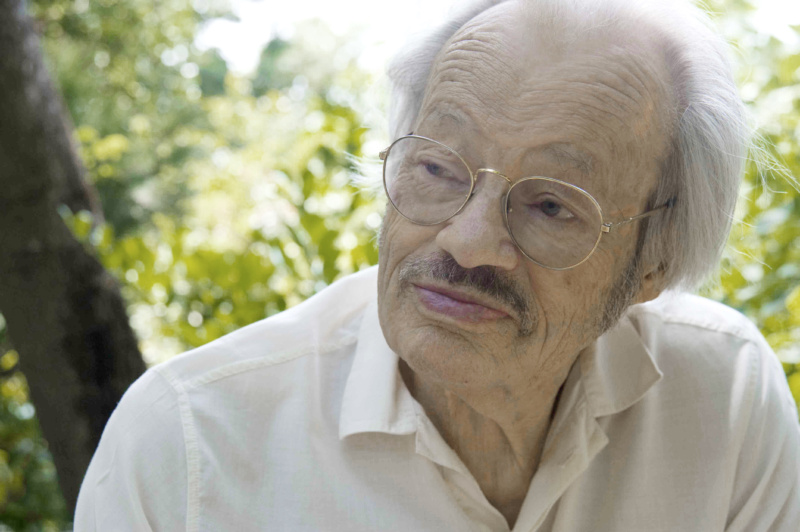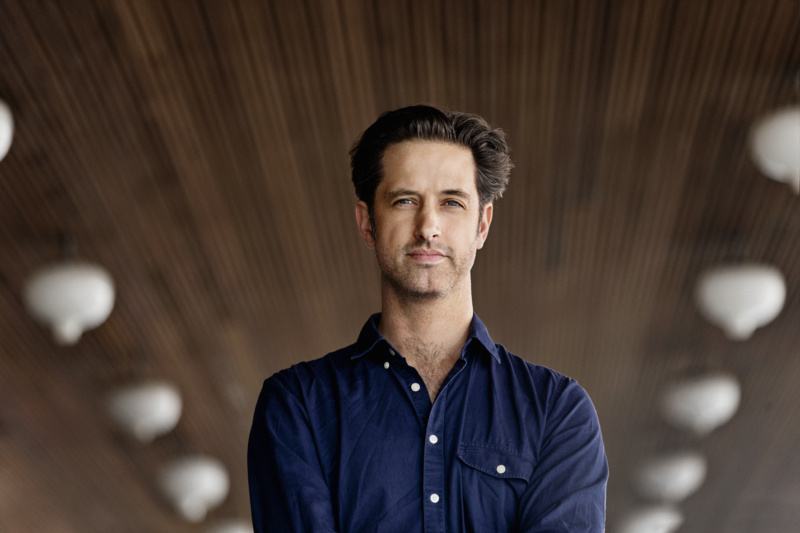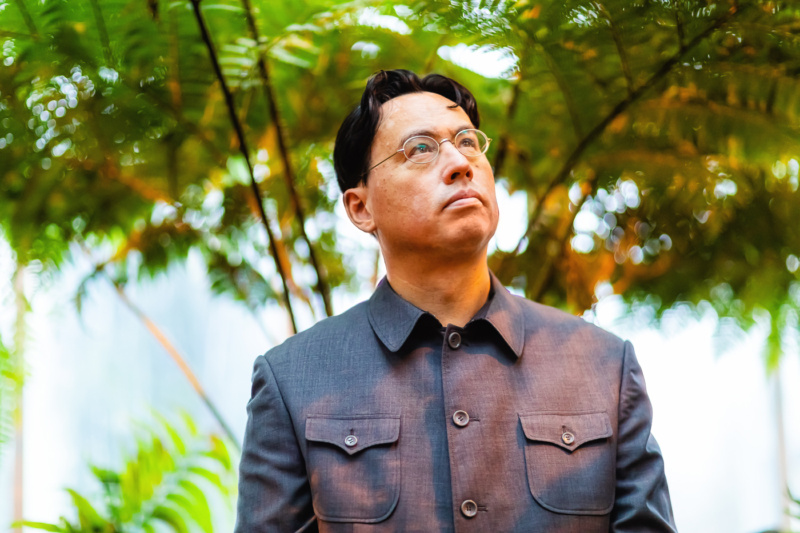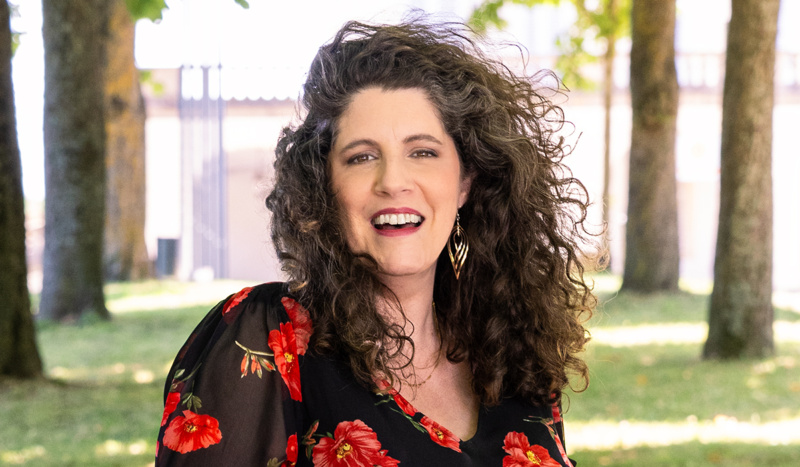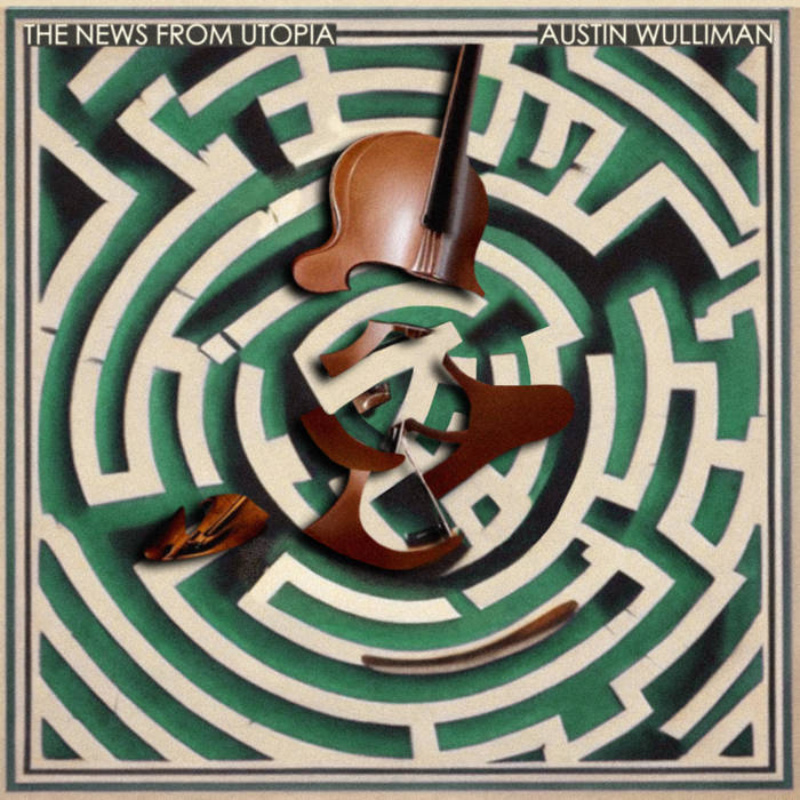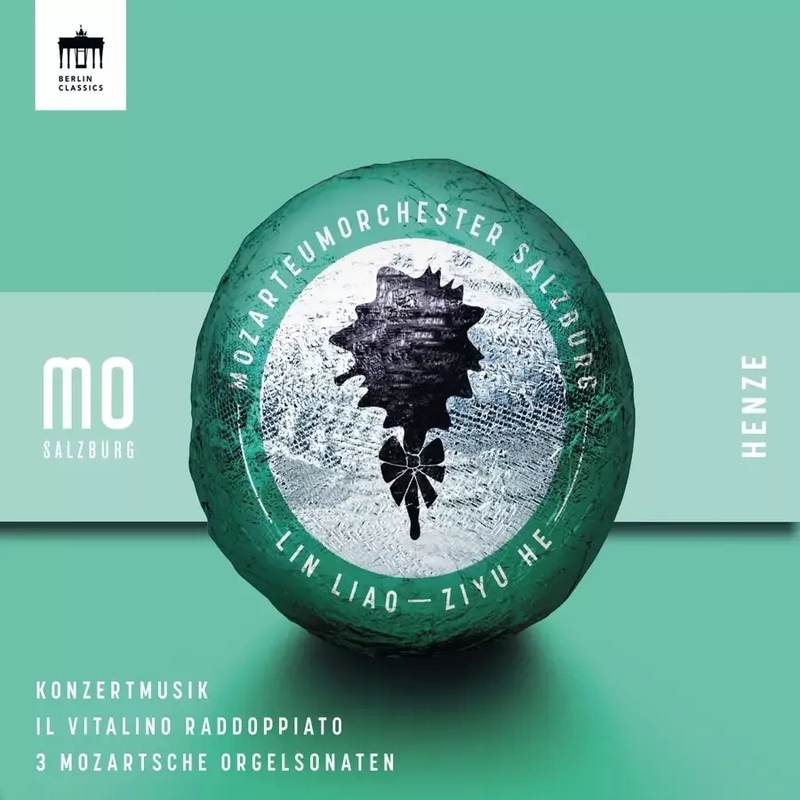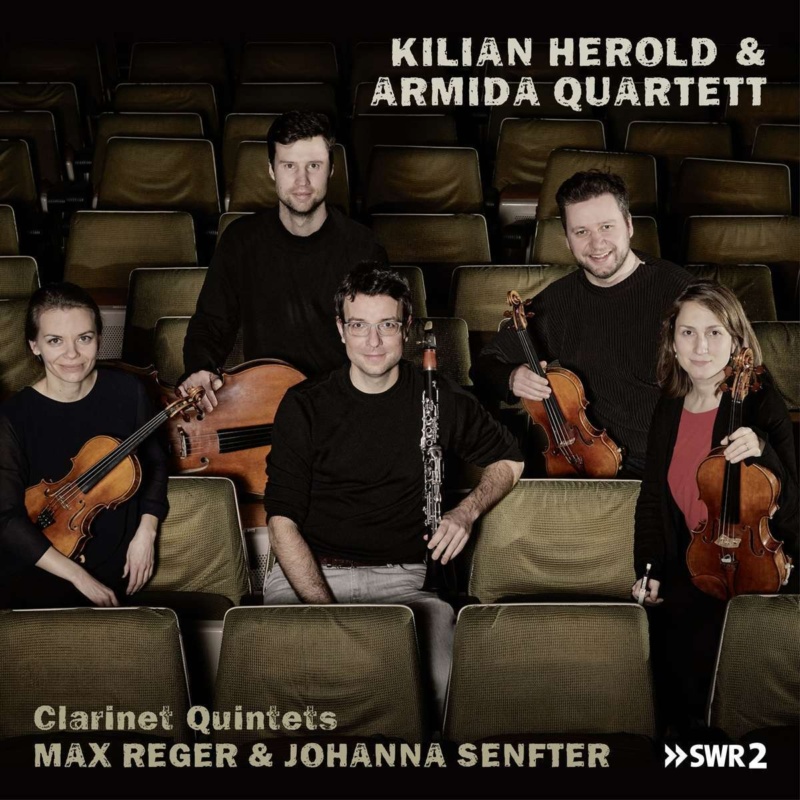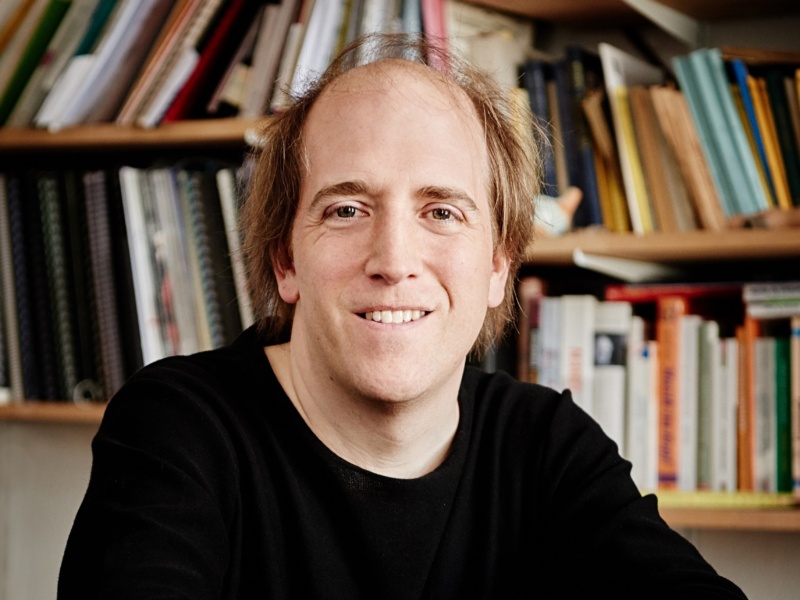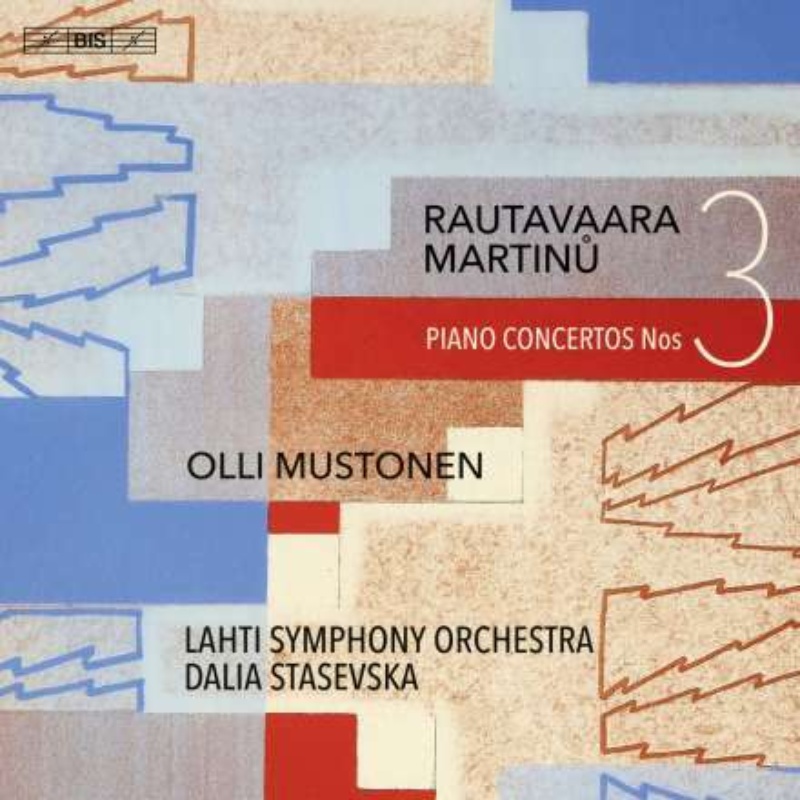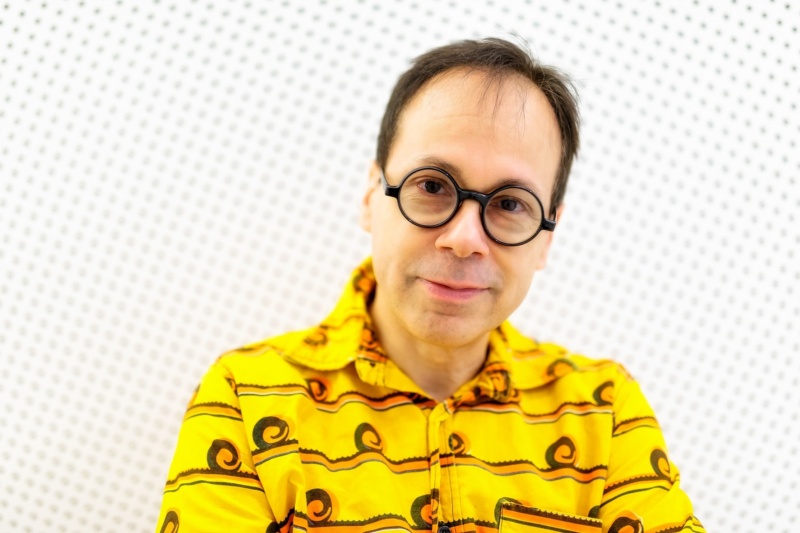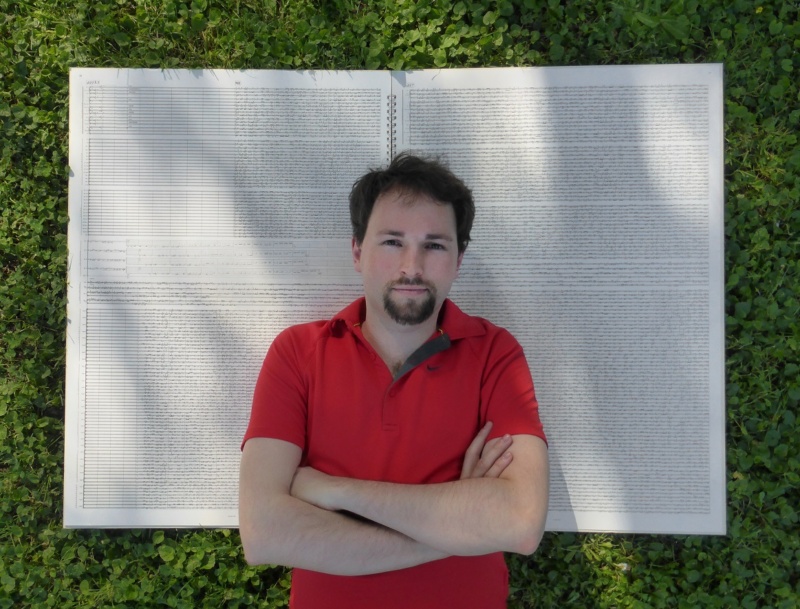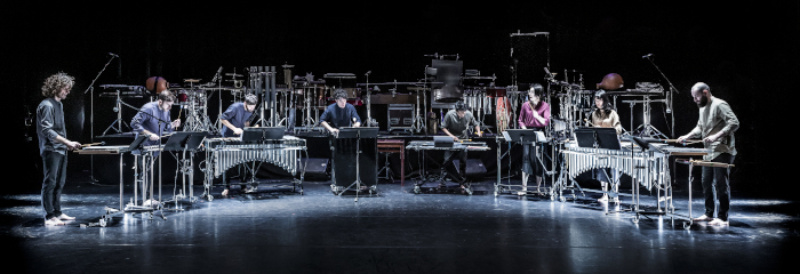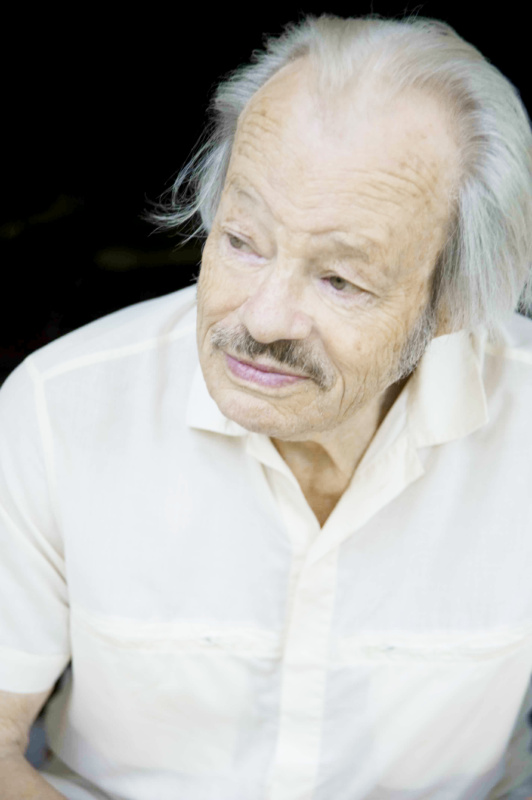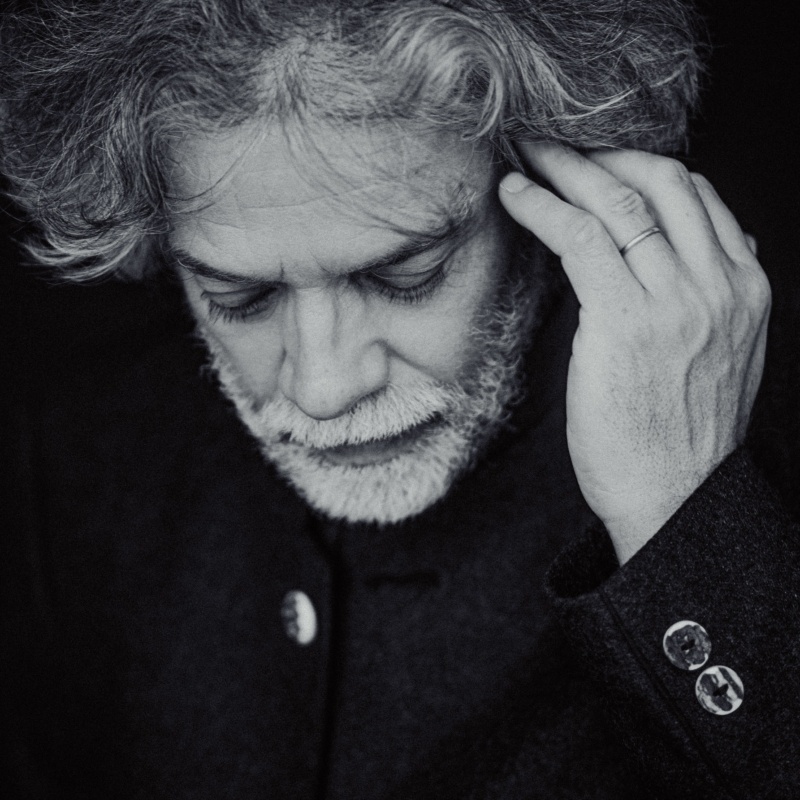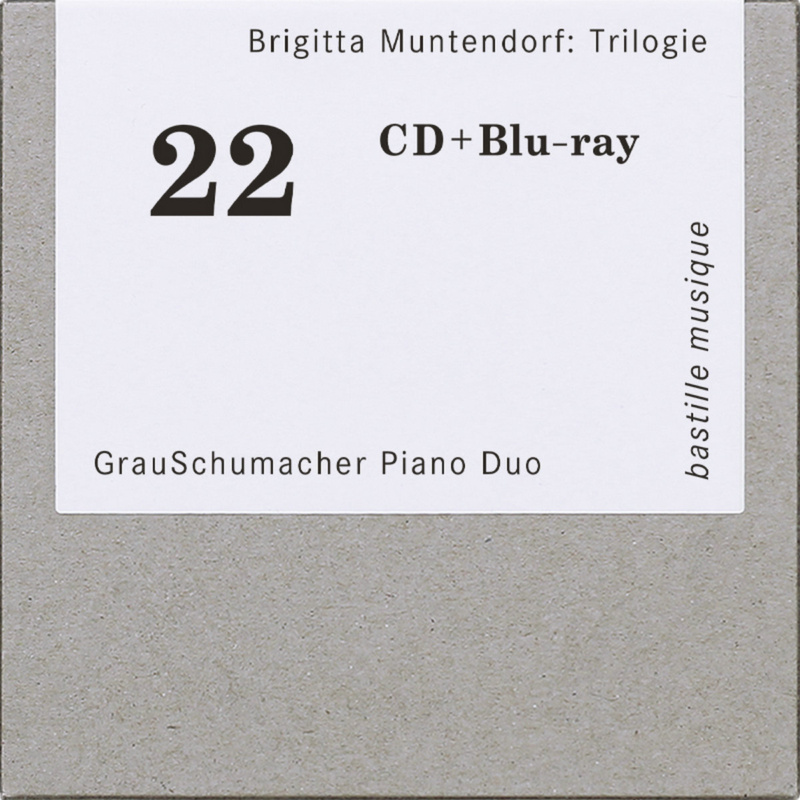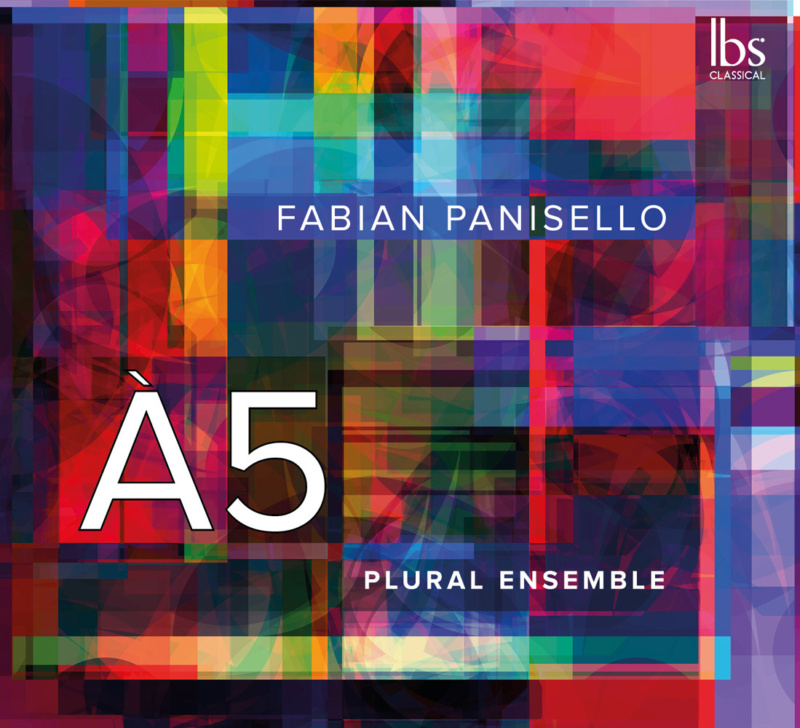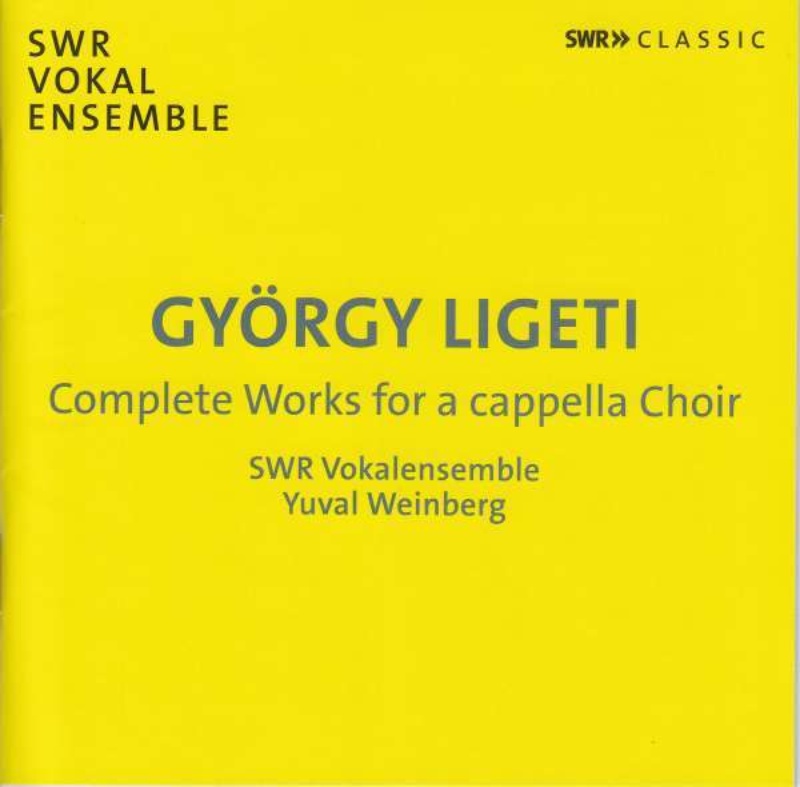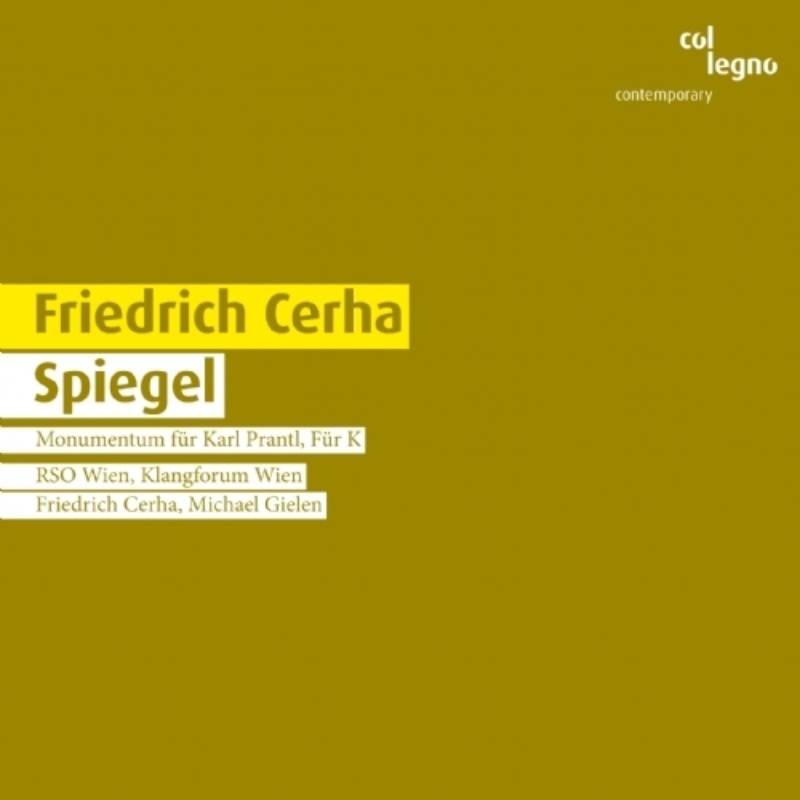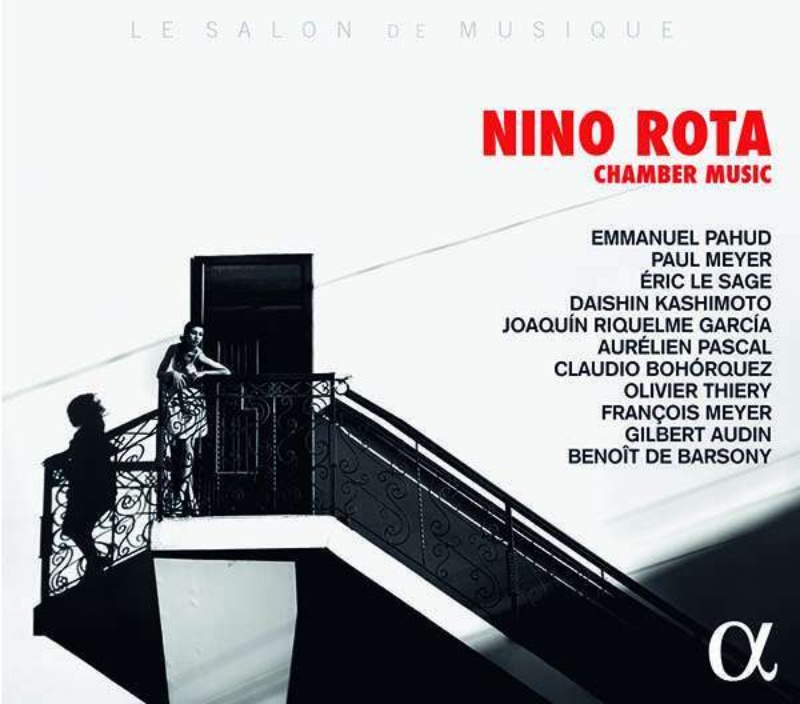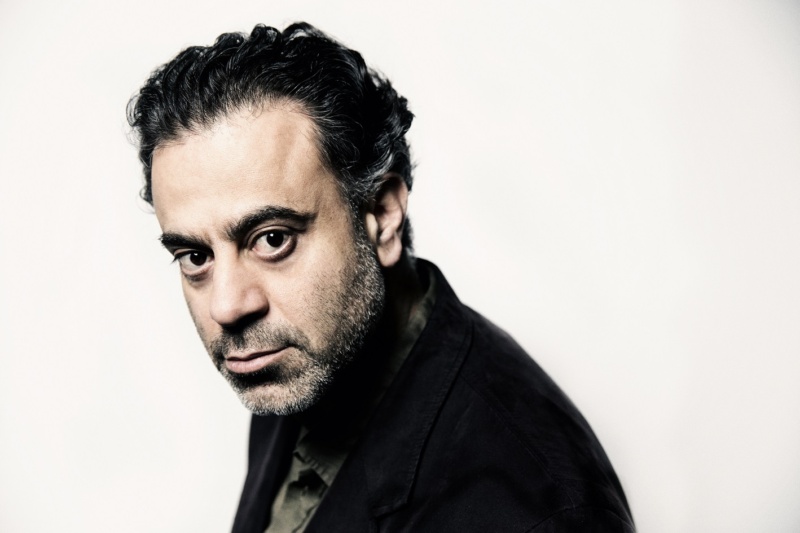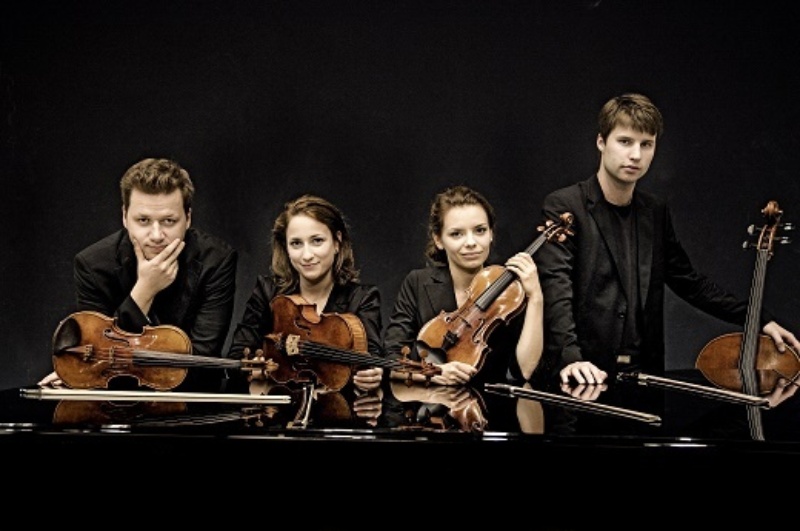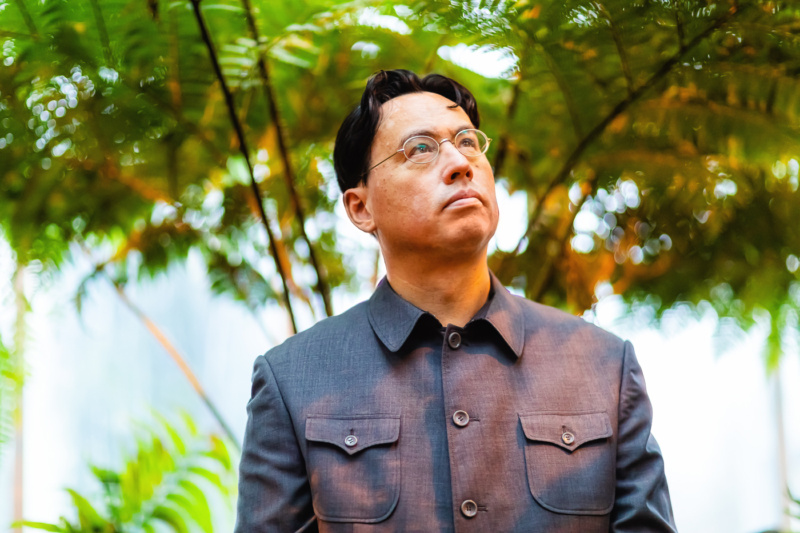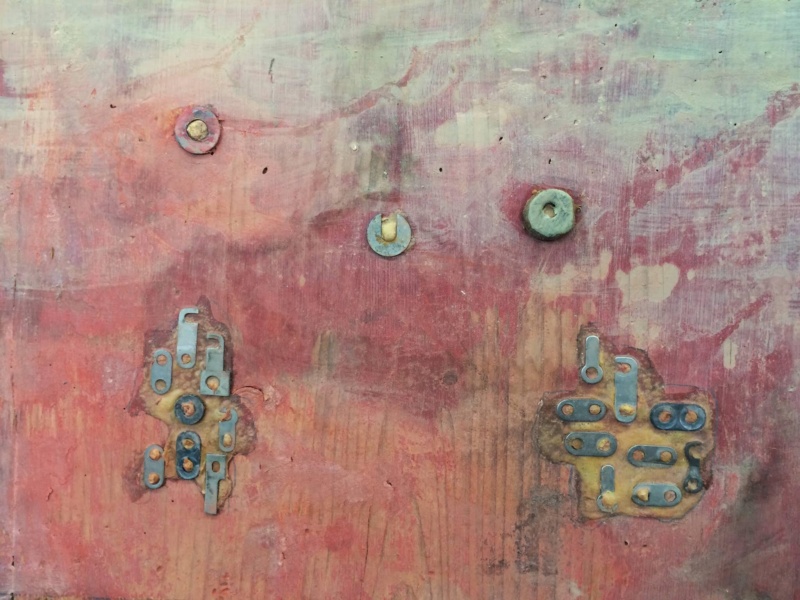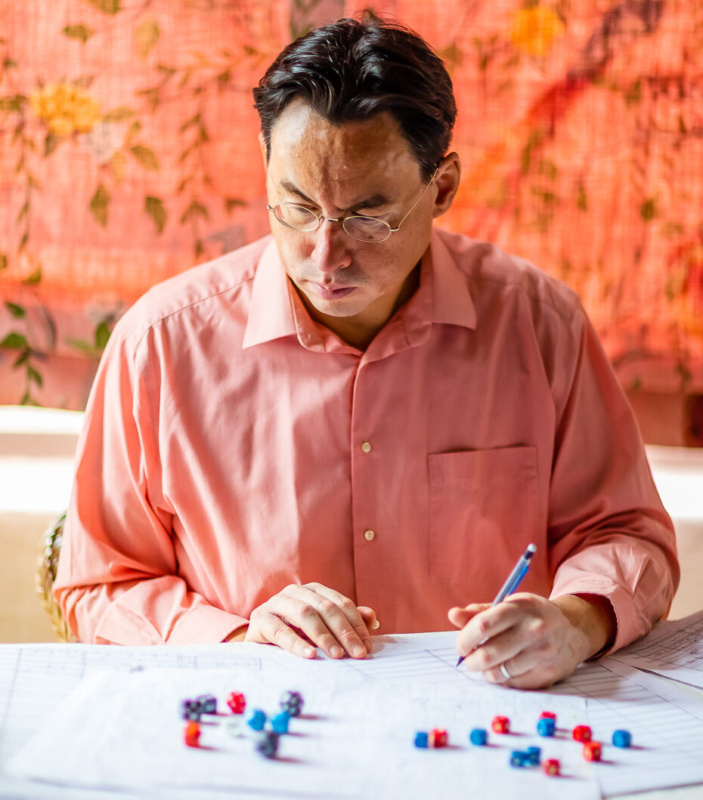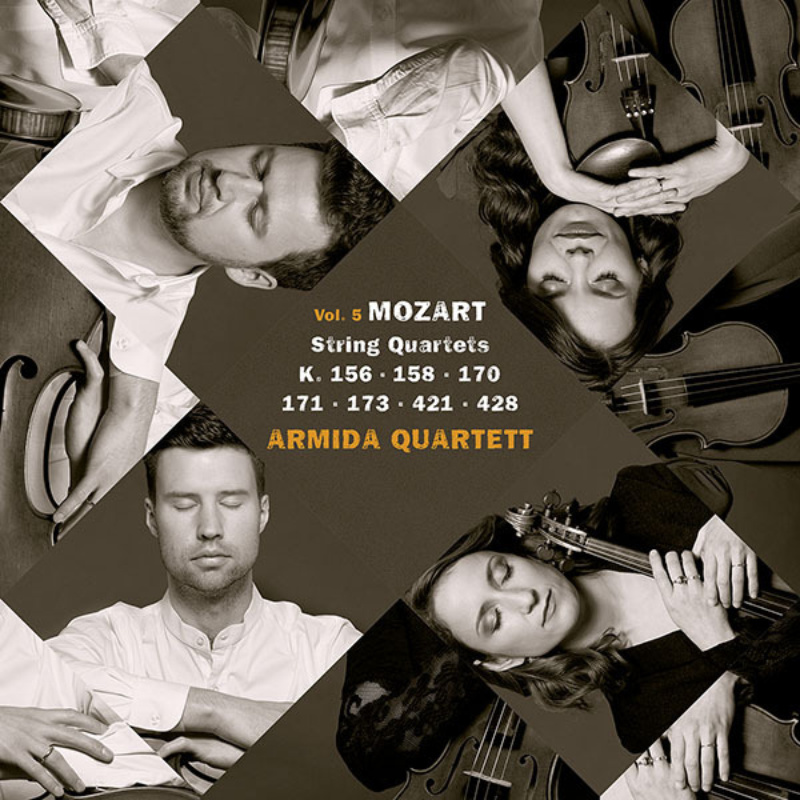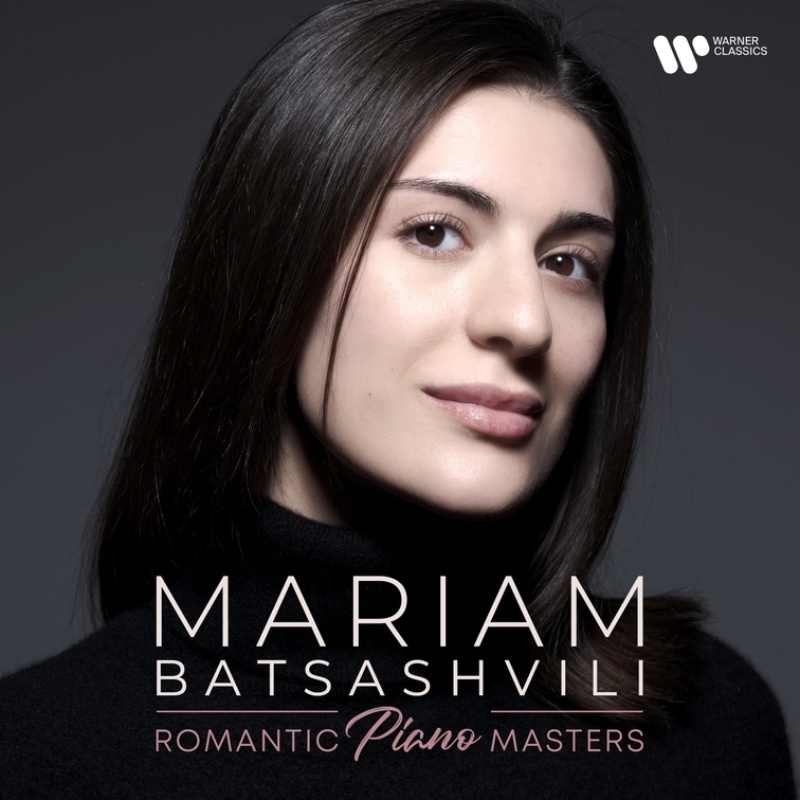Ahead of their performance of Busoni’s complete works for two pianos at the Musikfest Berlin on the occasion of the composer's 150th birthday in 2016, the GrauSchumacher Piano Duo told us why Busoni is under-represented in concert programmes today, and how he broke the mould at the turn of the 20th century.
2016 marks what would have been Ferruccio Busoni’s 150th birthday. In his day, the Italian-German pianist, composer and essayist was renowned the world over for his dazzling virtuosity at the keyboard. He continues to hold a special significance for pianists: his piano compositions are astounding artistic and technical achievements that set the most irresistible challenge for performers at the highest level.
In his compositions, Busoni aimed for a middle way between the forward-looking modernism of contemporaries such as Arnold Schönberg and the timeless melody and counterpoint of the great composers of the past, especially Bach. However, his music has gained a reputation as being dense, difficult and foreboding. For the GrauSchumacher Piano Duo, “Busoni is absolutely under-represented in today’s concert culture. That may be because he is not readily seen as a universal genius.”
Andreas Grau and Götz Schumacher are challenging this perception with a new programme incorporating Busoni’s complete works for two pianos. Having performed the programme in August at the Busoni Festival and the Piano Festival Husum, the duo will now perform the programme as part of the Musikfest Berlin on 4 September.
The duo is well known for its serious and intelligent approach to concert programming. This programme, however, was of Busoni’s own devising. “In his writings, Busoni speaks of a ‘through-composed’ programme that incorporates his complete works for two pianos,” Andreas Grau says. The programme was never performed by Busoni, and has been rarely heard since – although he points out “there was one recording years ago on LP by the Swiss duo Isabel and Jürg von Vintschger.”
Busoni conceived the programme after finishing his transcription of Mozart’s Fantasie für eine Orgelwalze. He saw that this work could be combined with his transcription of Mozart’s Duettino concertante to create a new sonata. As Andreas Grau explains, “the contrasting parts of Fantasie für eine Orgelwalze function as the 1st and 2nd movements and the Duettino concertante, as in the original Piano Concerto KV 459, functions as the virtuosic and brilliant conclusion.” Busoni then framed this new sonata with two of his improvisations on Bach, including his famed Fantasia contrappuntistica, reworked for two pianos.
For the GrauSchumacher Piano Duo, this programme displays the scope of Busoni’s work. “It is fascinating to see the breadth of Busoni’s composition, which spans from close correspondence with the original work – as in the Duettino concertante, which could as well pass for Mozart’s original – to an almost complete reinvention – as in Fantasia contrappuntistica, which transfers Bach’s music into the 20th century.”
As well as this, the programme offers an opportunity to appreciate what Andreas Grau calls Busoni’s “visionary spirit.” For the duo, “it is always fascinating to play works from this period whose creators were also their interpreters. In this respect, Busoni stands in the tradition of Franz Liszt, who edited his works for his own use. This gives us a new way of looking at the relationship between an original and its interpretation and transcription.”
Indeed, many of Busoni’s works are transcribed or edited versions of pre-existing music, and are a kind of homage to the great composers of the past. This, along with the fact that much of his music was created specifically for his own performance, means that his creative work breaks the mould of what we expect from a composer working at the beginning of the 20th century.
With this programme, the GrauSchumacher Piano Duo aims to redress the balance of Busoni’s contemporary reception. As too do a host of institutions holding concerts and exhibitions in Busoni’s anniversary year. The duo’s concert will be held at the Kunstbibliothek Berlin, where it will open a special exhibition entitled ‘BUSONI. Freiheit für die Tonkunst!’
Using artefacts from the Busoni estate held by the Staatsbibilothek zu Berlin, the exhibition will display the composer’s music manuscripts, programmes and arrangements of other composer’s works alongside letters between Busoni and contemporaries such as Schönberg, Stefan Zweig and George Bernard Shaw, and works by artists who were important to Busoni, such as Pablo Picasso.
This exhibition, as with the duo’s Musikfest Berlin performance, aims to paint a truer, more nuanced picture of Busoni in his 150th birthday year. As well as a piano virtuoso, and a composer indebted to the music of his forebears, he was a radical visionary who dreamt of a new kind of music, and who challenges our idea of what a classical composer looks like.
He may be a neglected figure in contemporary concert programmes, but the GrauSchumacher Piano Duo “hope that his two anniversaries in 2016 and 2024” – which will mark the 100th anniversary of his death – “will help to change that, and that this fascinating music can be brought to a wider audience.”
Sam Johnstone, 08/2016
